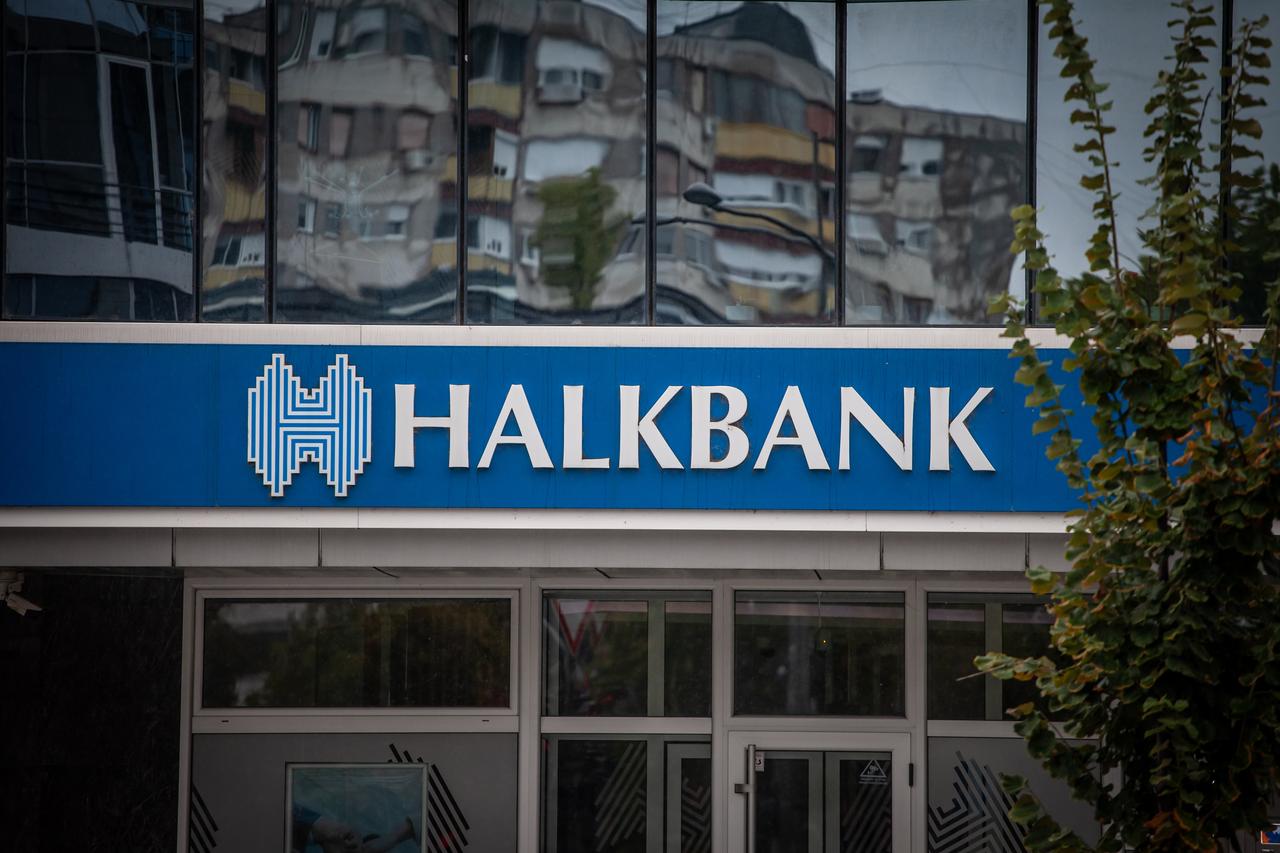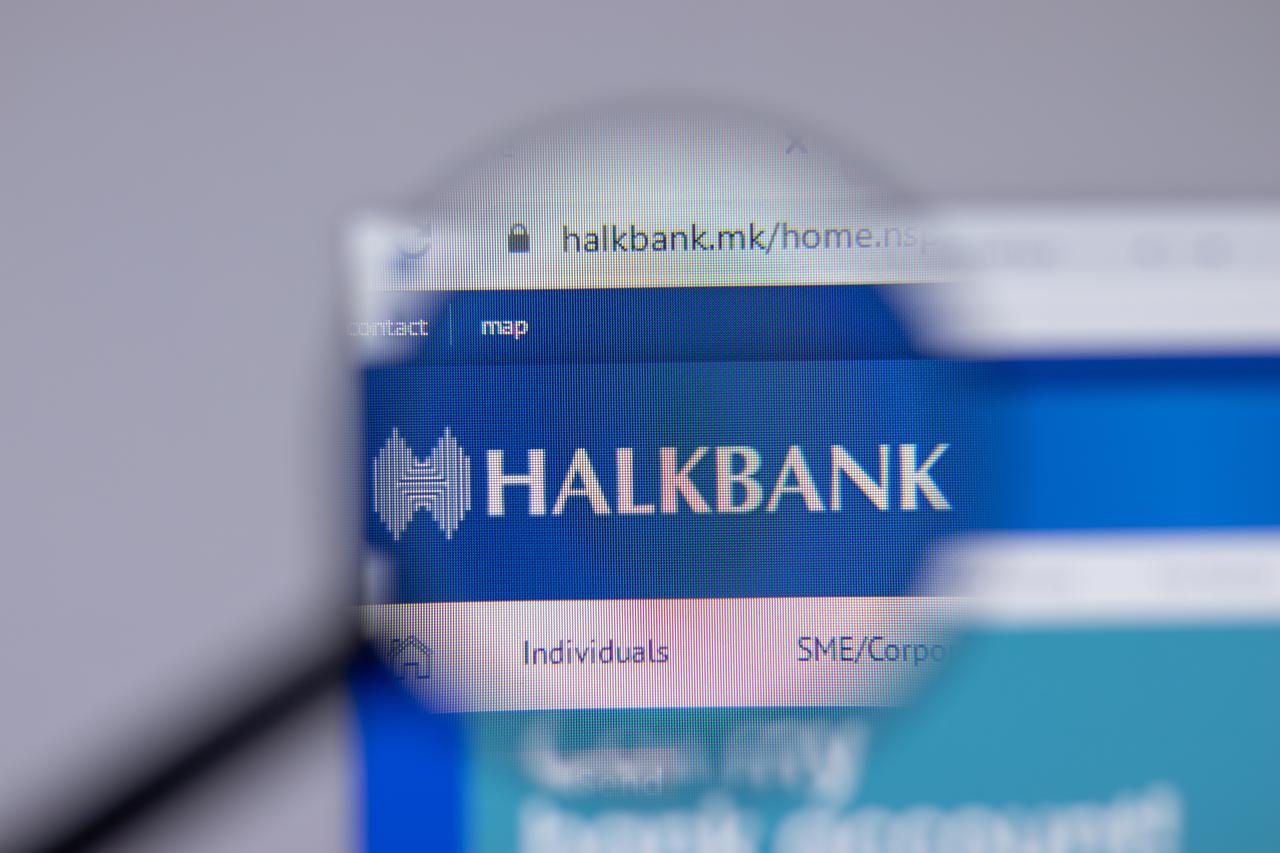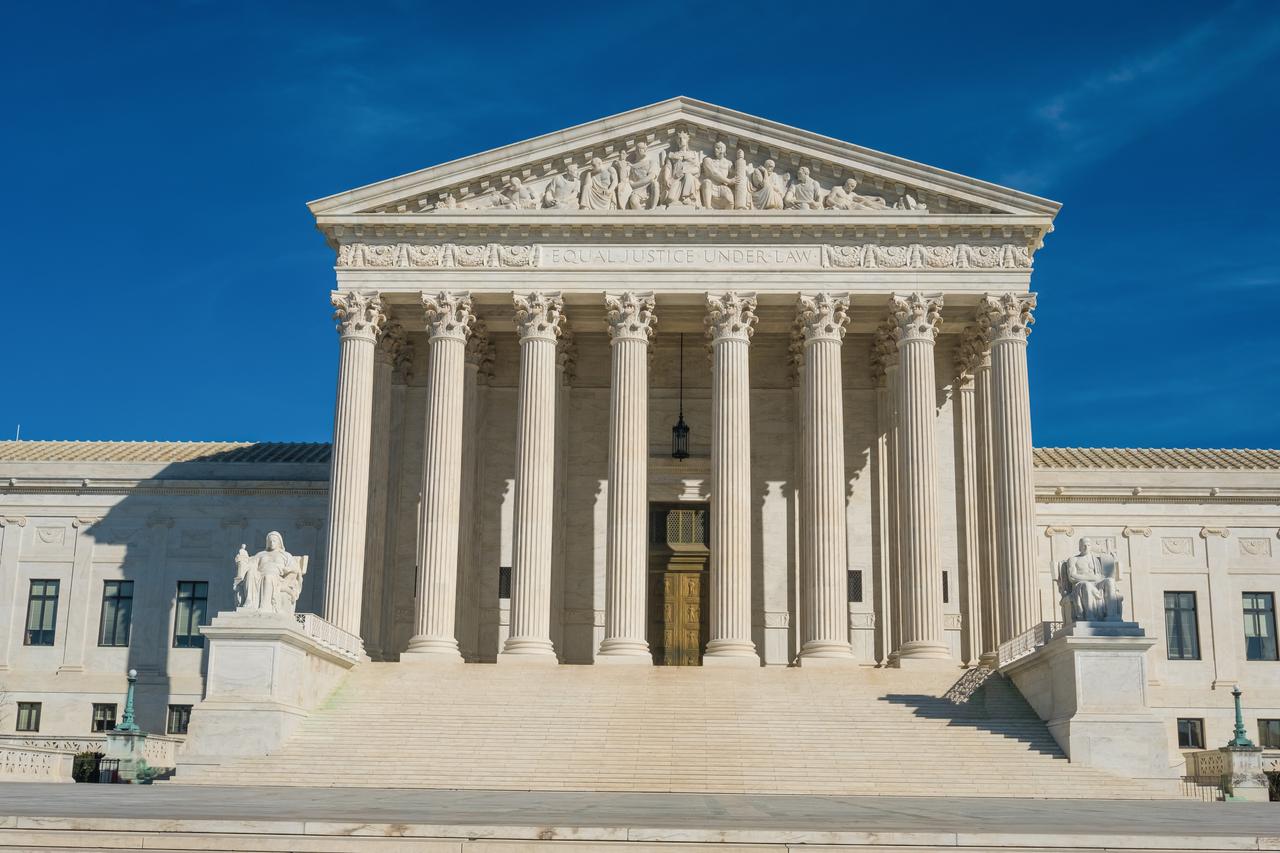
Türkiye’s state-run lender Halkbank has submitted a petition to the U.S. Supreme Court, seeking to overturn a lower court decision that permits criminal prosecution over allegations that the bank violated U.S. sanctions on Iran.
Filed on May 5, 2025, the petition argues that Halkbank is entitled to “absolute immunity” under common law—asserting that, as a state-owned bank, it functions as an extension of the Turkish government and therefore cannot be prosecuted in U.S. courts.
Halkbank is 91.49% owned by the Türkiye Wealth Fund, which is entirely owned by the Turkish state.

The petition follows an October 2024 decision by the U.S. Court of Appeals for the Second Circuit, which upheld a lower court ruling that denied the bank’s claim to sovereign immunity. Halkbank contends that allowing criminal charges against a foreign state-owned institution breaks with centuries of legal precedent and violates customary international law, which generally shields sovereign entities from prosecution in foreign jurisdictions.
The U.S. Supreme Court previously reviewed the case in 2023 and ruled that the Foreign Sovereign Immunities Act (FSIA)—a 1976 law that outlines when foreign states can be sued in U.S. courts—does not apply in criminal cases. However, it left open the question of whether Halkbank might still be protected under common law immunity, a doctrine based on longstanding judicial precedent.

After remanding the case, the appeals court concluded that U.S. courts must defer to the executive branch’s judgment on whether foreign state-owned entities like Halkbank are entitled to immunity. In response, Halkbank now challenges that interpretation, arguing that allowing the U.S. executive—effectively the prosecuting party—to decide who can be prosecuted undermines judicial independence. The bank claims this would permit the government to bypass court oversight in cases involving international law and sovereign entities.
The case centers on U.S. allegations that Halkbank facilitated the movement of approximately $20 billion in Iranian oil revenues through intermediaries in Türkiye, Iran, and the United Arab Emirates. Prosecutors claim that a portion of these funds eventually passed through the U.S. financial system. Halkbank denies wrongdoing, stating that all transactions took place outside U.S. jurisdiction and under the direction of the Turkish government.
Halkbank also warns that the decision, if upheld, could expose U.S. government agencies such as the Navy, CIA, and Export-Import Bank to similar legal actions abroad. It argues that prosecuting state-owned institutions for actions carried out within their own country could politicize legal systems and disrupt international norms.
The court is expected to decide whether to hear the case during its next term, which begins in October 2025.